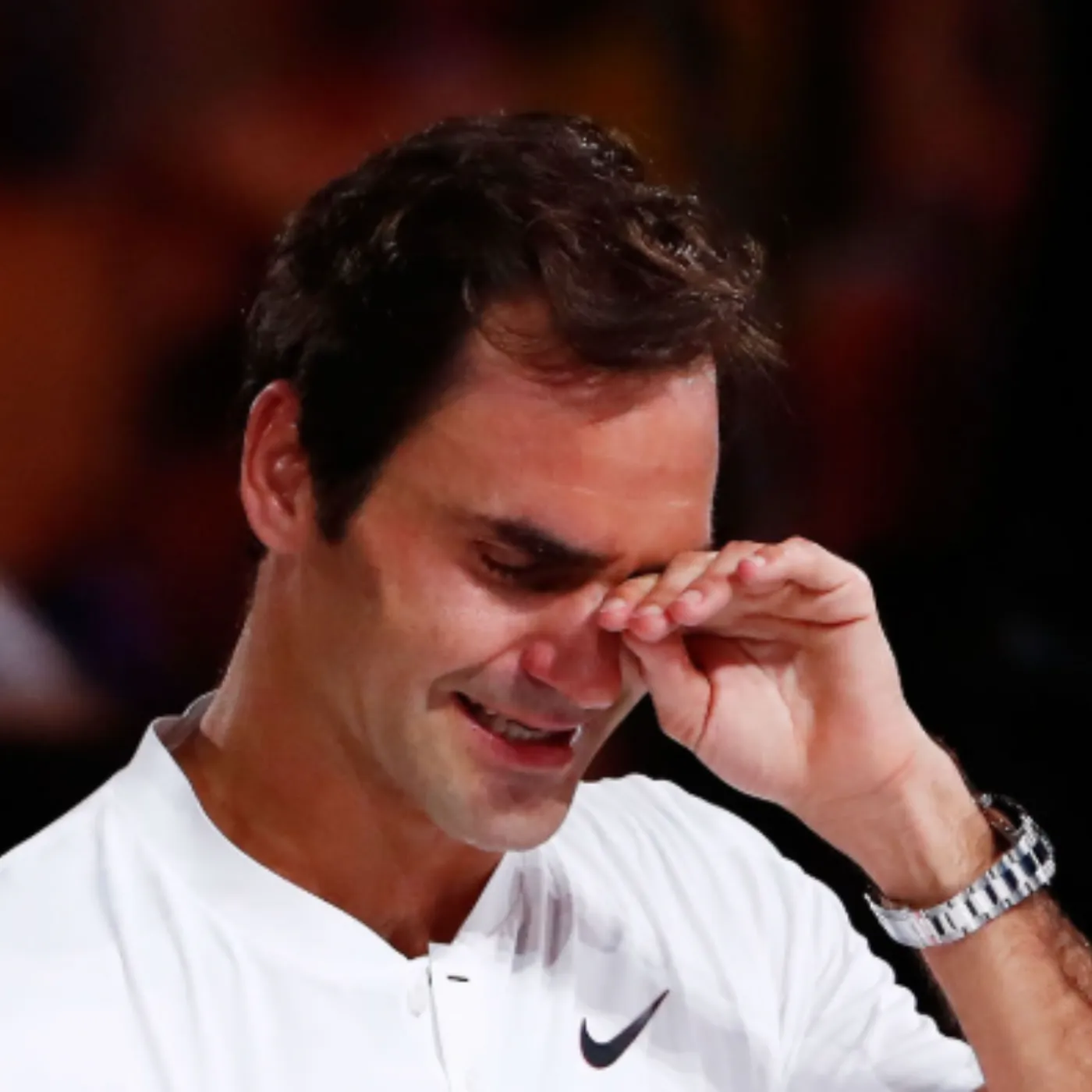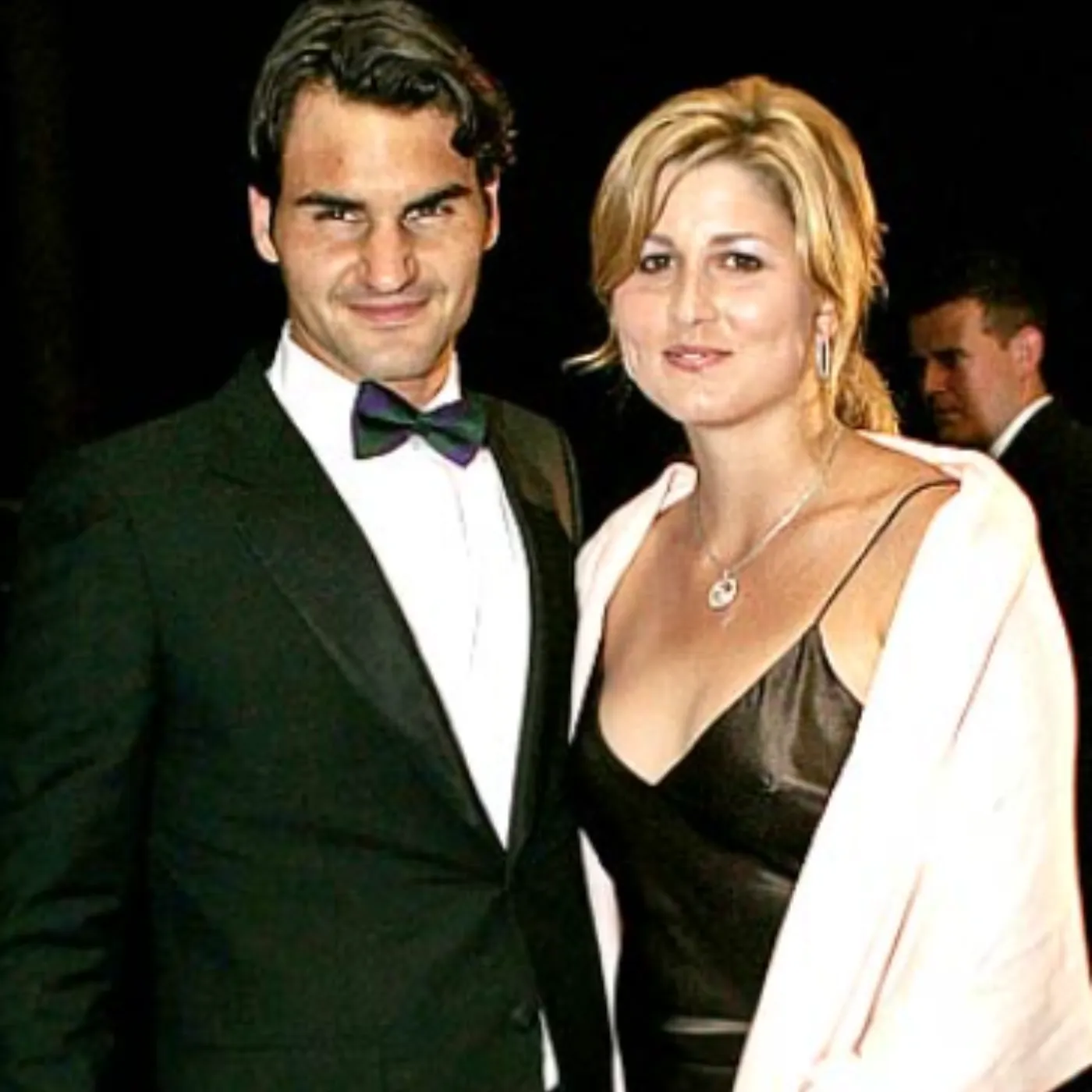

Jannik Sinner’s Three-Month Drug Ban: A Slap on the Wrist or a Travesty of Justice?
The world of tennis is no stranger to controversy, but the case of Jannik Sinner’s three-month drug ban has ignited a firestorm unlike any other. From outraged fans to divided experts, the decision to sideline the World No. 1 for a brief hiatus rather than impose a more severe punishment has left the sport in turmoil.
But here’s the real question: Did Sinner actually cheat, or is this just another example of a flawed anti-doping system punishing the innocent?
For those who missed the initial bombshell, Sinner tested positive for clostebol, an anabolic steroid, in March last year. The International Tennis Integrity Agency (ITIA) and the World Anti-Doping Agency (WADA) initially debated whether he should be suspended for up to two years—a punishment that could have altered the trajectory of his already stellar career.
Then, in a move that shocked many, the ITIA decided not to impose a suspension after accepting Sinner’s explanation for how the banned substance entered his system. WADA, however, wasn’t convinced and appealed the decision to the Court of Arbitration for Sport (CAS). The result? A bizarre “compromise” that sees Sinner sitting out for three months—conveniently returning just in time for the Rome Masters and the all-important French Open.
Naturally, this ruling has sparked outrage. If Sinner is truly innocent, why was he banned at all? If he’s guilty, why is his punishment so lenient?
WADA General Counsel Ross Wenzel has gone on record defending the decision, stating:
“This was a case that was a million miles away from doping.”
According to Wenzel, scientific feedback confirmed that Sinner’s case did not involve intentional doping or even micro-dosing. So why the ban?
WADA argues that while Sinner wasn’t a deliberate cheat, the rules dictate strict liability—meaning athletes are held responsible for any banned substance in their system, regardless of intent. It’s a stance that has been used before, notably against Maria Sharapova, who served a 15-month ban for a similar infraction despite arguing she had taken a substance legally for years before it was outlawed.

The biggest problem with WADA’s position? It makes no one happy. Critics believe Sinner is getting off too easily, while his supporters argue he shouldn’t have been punished at all.
While Novak Djokovic and others have openly questioned the transparency of the case, one of Sinner’s most vocal supporters has been Dani Vallverdu—the former coach of Andy Murray and a respected voice in the sport. Vallverdu didn’t hold back in his assessment, calling out the lack of camaraderie within the tennis world.
Taking to X (formerly Twitter), Vallverdu wrote:
“After giving it some days to digest the reaction from the tennis world regarding the Jannik Sinner ban, I would like to say that I’m saddened by the lack of camaraderie – most not focusing on the facts of the case.”
He went on to highlight a key point many are ignoring:
“The real losers here are JS (Sinner) and tennis. We should be focusing on the Anti-Doping agency’s processes and rules rather than the player being a victim from it – who clearly had zero performance-enhancing benefits. ZERO.”
Vallverdu also pointed out that he’s known Sinner since he was 14 and can confidently say the Italian is 100% not at fault. His argument? The anti-doping system is failing athletes, punishing them inconsistently and without scientific merit.
Tennis fans and analysts are split down the middle. Some believe Sinner has been given a get-out-of-jail-free card, while others argue that the entire process has been a witch hunt against an innocent man.
The Case for Special Treatment
Some fans argue that Sinner, being the World No. 1 and a Grand Slam champion, received a much lighter punishment than lower-ranked players might have faced.
Compare this to lesser-known Simona Halep, who was slapped with a four-year ban for doping violations despite her claims of accidental ingestion. Why does Sinner get three months while Halep is exiled from the sport for years? The optics aren’t great.
The Case Against Special Treatment
On the other hand, supporters argue that the ITIA and WADA couldn’t prove intent, and a strict reading of the rules required only a minor punishment. If anything, they argue, Sinner should not have been banned at all.
As of now, Sinner has yet to confirm whether he will play the Rome Masters, but all signs point to his return at the perfect moment—just in time to prepare for his first French Open title run at Roland Garros.
The bigger question, however, is whether this controversy will stain his legacy. Will Sinner always have to live under the shadow of a doping case that wasn’t quite a doping case? Or will this all be forgotten once he steps back onto the court and reminds the world why he’s No. 1?
If history is any indicator, winning solves everything. If Sinner dominates at Roland Garros and Wimbledon, expect this entire ordeal to fade into the background. If he struggles, however, expect the whispers of “cheater” to follow him for years to come.
One thing’s for sure: this story isn’t over yet.
The Jannik Sinner doping case is a perfect storm of controversy, confusion, and inconsistency. No matter which side you fall on, one thing is clear:
-
If he was innocent, he should never have been banned.
-
If he was guilty, three months is a joke.
In a sport that prides itself on integrity, the handling of Sinner’s case has left more questions than answers. The next few months will determine if tennis fans move on—or if this becomes another black mark on the sport’s history.
For now, all eyes are on Rome. Will Sinner get the warm welcome Dani Vallverdu expects, or will the stigma of a doping ban follow him onto the court?
Stay tuned—because this tennis drama is just getting started.


















